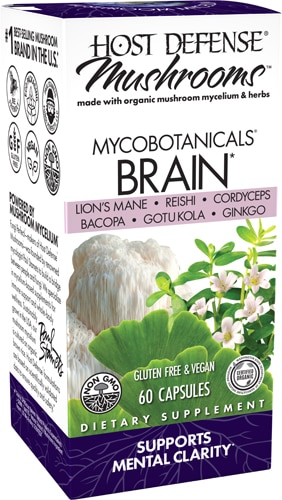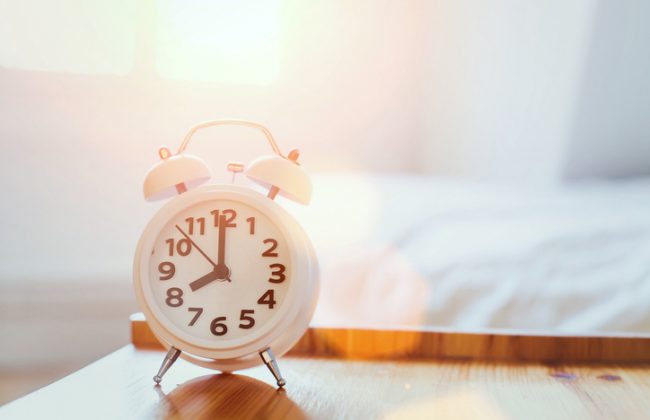Think of sleep as your body’s ultimate restoration program. Sleep is essential to healthy functioning, for both your brain and your body. The converse is true too: Not getting enough sleep adversely impacts many bodily systems and over time can contribute to risk of chronic disease and health problems.
Here are five of the many good things that come with a good night’s sleep:
Brain clears
Sleep does wonders for ability to think clearly. The brain depends on sleep to replenish the energy the brain uses throughout the day. Our brains actually run on electricity, and that same electricity creates chemical waste products—metabolites—that get flushed out when we sleep. If you don’t get enough sleep and that chemical process doesn’t have a chance to run, your mind may feel fuzzy the next day.
Lack of sleep red flag: Sleep deprivation often makes it harder to concentrate and organize your thoughts.
Organs chill out
During the night, all of our organs quiet down. Kidneys slow down urine production, which is why we need to pee less when we sleep. Heart rate slows. Digestions tapers off in the intestines, and the liver takes a break from detoxification and tries to build and repair tissues. In general, your body goes into repair and prepare mode, getting all systems ready for the new day.
Lack of sleep red flag: The body produces more adrenaline when it’s awake, which can lead to adrenal fatigue and increased anxiety.
Hunger hormones decrease
Sleep regulates your levels of ghrelin, the hormone that signals hunger. It also increases the production of leptin, ghrelin's complementary hormone, leptin, the hormone that signals fullness. Adequate sleep means these two key hormones, essential for a strong metabolism, do their job of curbing hunger efficiently. If you are sleep-deprived, your brain gets the signal to keep on eating, plus fewer signals to stop eating when you are full.
Lack of sleep red flag: An increase in appetite and a harder time resisting food cravings, especially for fatty food.
Growth hormones circulate
During NREM sleep—non-rapid eye movement—our bodies make a host of different growth hormones. This is not the same as performance enhancing growth hormones. It’s the kind that fuels growth in children but also maintains our tissues and organs throughout our life. Children whose sleep is impaired by sleep apnea, for example, often experience growth delays. Growth hormones are also responsible for any kind of physical recovery, such as rebuilding muscle mass and healing wounds.
Lack of sleep red flag: Less than 7 hours of sleep a night may influence your production of growth hormones. Decreased energy, extreme fatigue and finding physical activity harder are signs of waning growth hormone levels.
Immune system strengthens
Getting enough sleep increases the likeliness of opening our immune systems warding off attacks. Sleep enhances our immunity, protecting our bodies from ailments such as colds, flu and other illnesses. When we don’t get enough sleep, the body produces less cells and proteins and our immune system becomes more vulnerable to inflammation.
Lack of sleep red flag: A lingering cold or seasonal illness that you just can’t shake. Rest, as simple as it seems, can really do wonders for our health.




